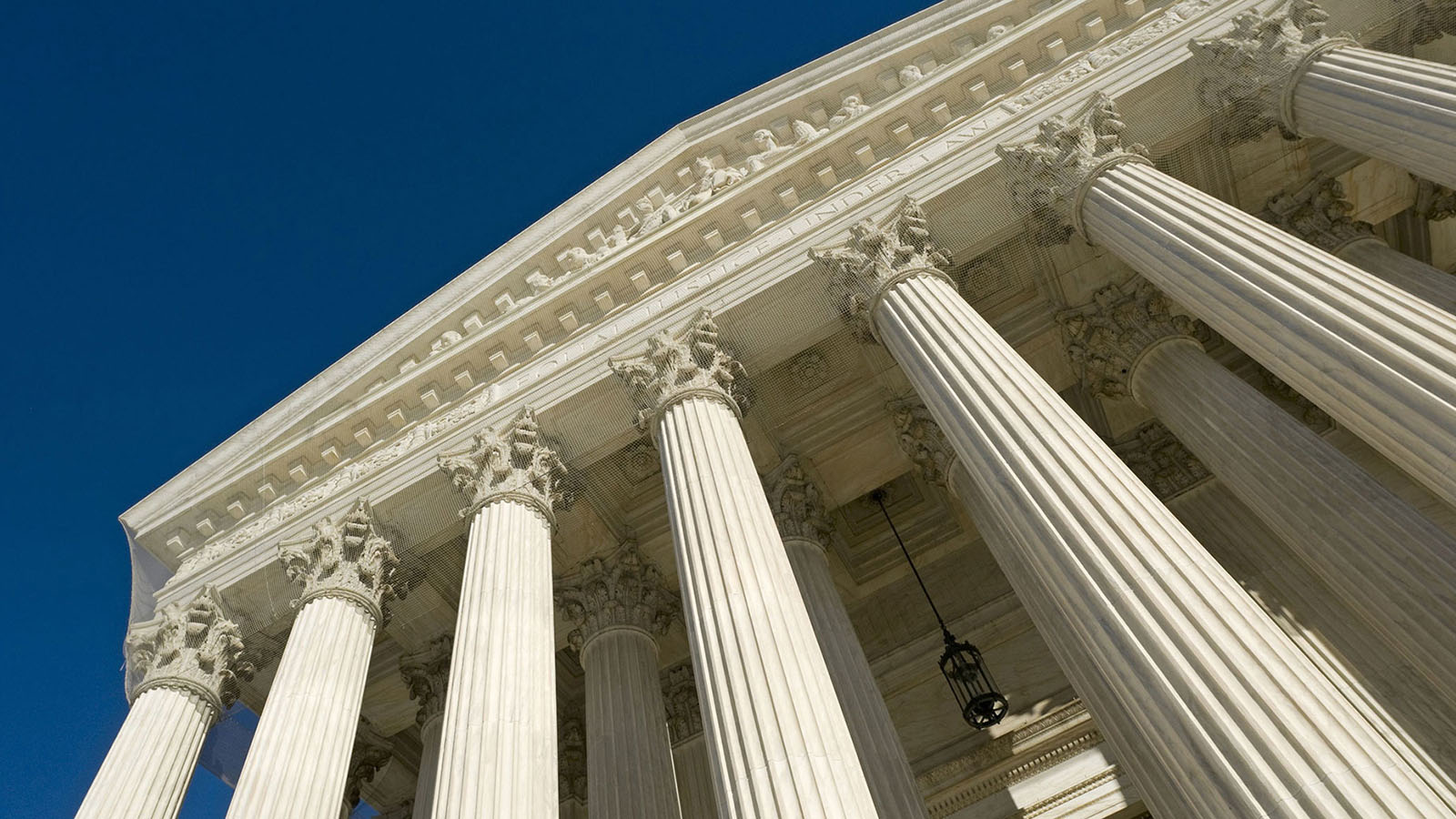Tax Incentive — or Government Giveaway?
Never miss a thing.
Sign up to receive our insights newsletter.

After a highly publicized search for new headquarters locations, Amazon pulled the plug in February on a $2.5 billion project to open a second headquarters in Queens, New York. Although the new hub would have created an estimated 50,000 jobs. A key reason for Amazon’s cold feet politicians, union leaders and other community members raised an outcry about $2.5 billion of local financial incentives that the city was offering to lure Amazon.
Many forms of economic assistance —tax incentives, grants of assets, low-interest-rate loans, loan guarantees and forgiveness of liabilities — are offered in hopes of luring large businesses to relocate or expand their facilities. In theory, the assistance should be offset by the economic stimulus the new employer brings to the community. But investors and other stakeholders have grown increasingly more sophisticated and socially aware, and they’re demanding more information about the financial impact of these types of arrangements.
In 2014, in response to the widespread use of such incentive programs worldwide, the Financial Accounting Standards Board (FASB) launched a research project. Currently, FASB members are drafting a final update to its rules, aimed at improving transparency about government assistance programs.
Not as easy as it sounds
Under existing U.S. Generally Accepted Accounting Principles (GAAP), there’s no explicit guidance on the recognition, measurement or disclosure of government assistance. As a result, business entities account for and disclose this information in many different ways.
In 2015, the FASB issued Proposed Accounting Standards Update (ASU) No. 2015-340, Government Assistance (Topic 832): Disclosures by Business Entities about Government Assistance. It called for companies to disclose the terms and conditions of legally enforceable arrangements with the government to receive cash, nonmonetary assets or benefits that reduce or eliminate expenditures. The proposal would require new footnote disclosures describing:
- The nature of the assistance
- The significant terms and conditions
- How the assistance affects line items in the financial statements
However, this project faced significant resistance. Multinational companies told the FASB that they expect difficulties tracking government assistance programs across all the countries where they do business.
Likewise, members of the FASB’s Private Company Council (PCC) expressed reservations about violating confidentiality agreements with local governments for special tax breaks or leaking information to competitors. However, the FASB said that, in cases where a company is legally prohibited from disclosing an incentive, the company could instead disclose the specific source of the legal prohibition and a description of the general nature of the information omitted.
And, in an unusual move, FASB Chairman Russell Golden dissented from the proposal. Though Golden supported its objective — increasing transparency about government assistance agreements — he didn’t believe the overall benefits justified the costs.
Despite concerns from Golden and public and private businesses, investors and analysts have told the FASB that they want to know the extent to which government assistance is subject to political whim and whether a business could survive without it.
If it were left up to banks and other lenders, private companies would be required to disclose the span of the government incentives they receive to set up shop in a locality. Lenders, who are the most common users of private company financial statements, are concerned about whether the incentives private companies receive are temporary, and what happens when they go away. They use the information, if it is material, to assess a company’s financial health.
“There are far more of these kinds of temporary giveaway programs [today] than there were 10 or 20 years ago — everybody is trying to lure everyone away” to their state, said PCC member Dev Strischek, a retired senior vice president and senior credit policy officer, corporate risk management at SunTrust Banks. Lenders hear about the abatement programs, but “you don’t hear about how long this is going to go on.”
Changes still being deliberated
The FASB project is currently being redeliberated while FASB staff members conduct additional research to evaluate the expected cost and benefit. Assuming they are finalized this year, the rules are expected to take effect for fiscal years ending after December 15, 2020, for public business entities and for fiscal years ending after December 15, 2021, for private ones.
Just as any time the FASB changes a standard, companies will need to follow modified prospective application in the first set of financial statements following the effective date to agreements that either exist at the effective date or are signed after the effective date. Early adoption and retrospective application will also be permitted.
If you need help staying on top of changing FASB standards, or want to know how the pending disclosure rules might affect your company’s financial reporting, contact us. One of Weaver’s assurance professionals will be happy to consult with you on your specific situation.
© 2019